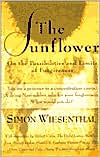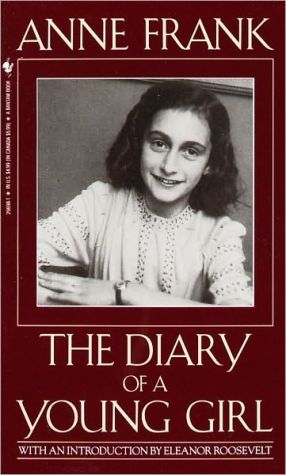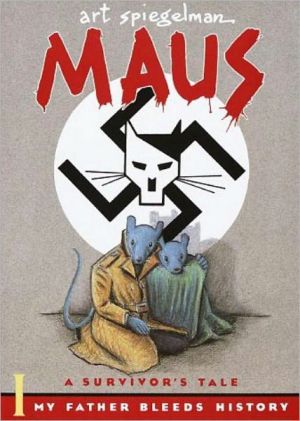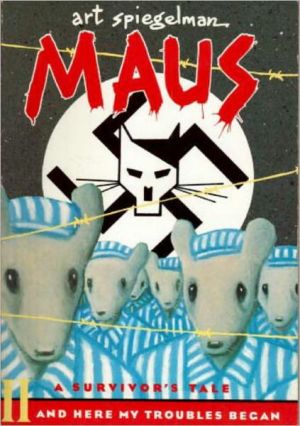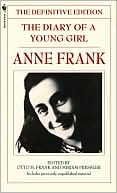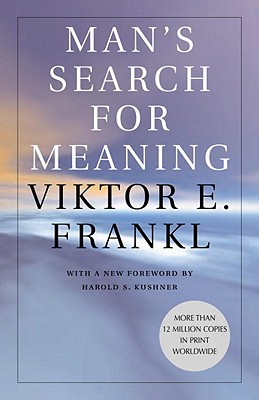The Sunflower: On the Possibilities and Limits of Forgiveness
While imprisoned in a Nazi concentration camp, Simon Wiesenthal was taken one day from his work detail to the bedside of a dying member of the S.S. Haunted by the crimes in which he had participated, the soldier wanted to confess to and obtain absolution from - a Jew. This unusual encounter and the moral dilemma it posed raise fundamental questions about the limits and possibilities of forgiveness. Must we, can we forgive the repentant criminal? Can we forgive crimes committed against others?...
Search in google:
While imprisoned in a Nazi concentration camp, Simon Wiesenthal was taken one day from his work detail to the bedside of a dying member of the SS. Haunted by the crimes in which he had participated, the soldier wanted to confess to--and obtain absolution from--a Jew. Faced with the choice between compassion and justice, silence and truth, Wiesenthal said nothing. But even years after the way had ended, he wondered: Had he done the right thing? What would you have done in his place?In this important book, fifty-three distinguished men and women respond to Wiesenthal's questions. They are theologians, political leaders, writers, jurists, psychiatrists, human rights activists, Holocaust survivors, and victims of attempted genocides in Bosnia, Cambodia, China and Tibet. Their responses, as varied as their experiences of the world, remind us that Wiesenthal's questions are not limited to events of the past. Often surprising and always thought provoking, The Sunflower will challenge you to define your beliefs about justice, compassion, and human responsibility. Washington Post Book World Bears reading, not only for its evocation of the Holocaust, but for its power to illuminate our own moral lives.
PrefaceBk. 1The Sunflower1Bk. 2The Symposium99Sven Alkalaj101Jean Amery105Smail Balic109Moshe Bejski111Alan L. Berger118Robert McAfee Brown121Harry James Cargas124Robert Coles126The Dalai Lama129Eugene J. Fisher130Edward H. Flannery135Eva Fleischner138Matthew Fox143Mark Goulden148Hans Habe153Yossi Klein Halevi157Arthur Hertzberg160Theodore M. Hesburgh163Abraham Joshua Heschel164Christopher Hollis166Rodger Kamenetz171Cardinal Franz Konig172Harold S. Kushner174Lawrence L. Langer177Primo Levi181Deborah E. Lipstadt183Franklin H. Littell187Hubert G. Locke191Erich H. Loewy194Herbert Marcuse198Martin E. Marty199Cynthia Ozick204John T. Pawlikowski211Dennis Prager216Dith Pran221Terence Prittie223Joshua Rubenstein225Dorothee Soelle229Albert Speer231Manes Sperber232Andre Stein236Nechama Tec241Joseph Telushkin248Tzvetan Todorov250Arthur Waskow252Harry Wu255Contributors259
\ Washington Post Book WorldBears reading, not only for its evocation of the Holocaust, but for its power to illuminate our own moral lives.\ \ \ \ \ VOYA\ - Susan R. Farber\ Librarians will want to check their existing collections before ordering this revised edition of Wiesenthal's classic ethical query. What would you do? The first section of the book describes the situation of a starving prisoner in a concentration camp who is taken to the bedside of a dying Nazi soldier. The soldier tells his story of how he got involved in Nazi Youth and then participated in the massacre of a small town of Jews; but now that he is dying, he asks the forgiveness of this Jew-as a representative of all Jews-to ease his passing. The prisoner cannot decide what to do and walks out without saying a word, and the soldier dies that night, unforgiven. The second part of the book, "Symposium," presents commentary by noted theorists, philosophers, and historians on Wiesenthal's story, and their essays are interesting and provoke careful consideration. However, there is some repetition from the earlier edition of the book. The 1969 edition included thirty-two essays, and the 1997 edition repeats nine of these, verbatim; includes one which was only slightly rewritten; and presents thirty-six new essays by Robert Coles, the Dalai Lama, Harold S. Kushner, and others (curiously few women, by the way). Biographical information on each contributor is provided. While this excellent book will be invaluable to students of ethics or religious studies, it may have a limited readership otherwise and librarians may want to consider their budget and shelf space if an earlier edition is owned. Contributors List. VOYA Codes: 4Q 2P J S (Better than most, marred only by occasional lapses, For the YA with a special interest in the subject, Junior High-defined as grades 7 to 9 and Senior High-defined as grades 10 to 12). 1997, (c)1970,\ \ \ Washington Post Book WorldBears reading, not only for its evocation of the Holocaust, but for its power to illuminate our own moral lives.\ \ \ \ \ From the Publisher"In simple yet elegant prose, Wiesenthal recreates the grim reality of a time when Eastern Europe was hell. Never lapsing into the maudlin or self-pitying, his matter-of-fact realism makes the images all the more horrifying." —-Publishers Weekly Starred Review\ \
